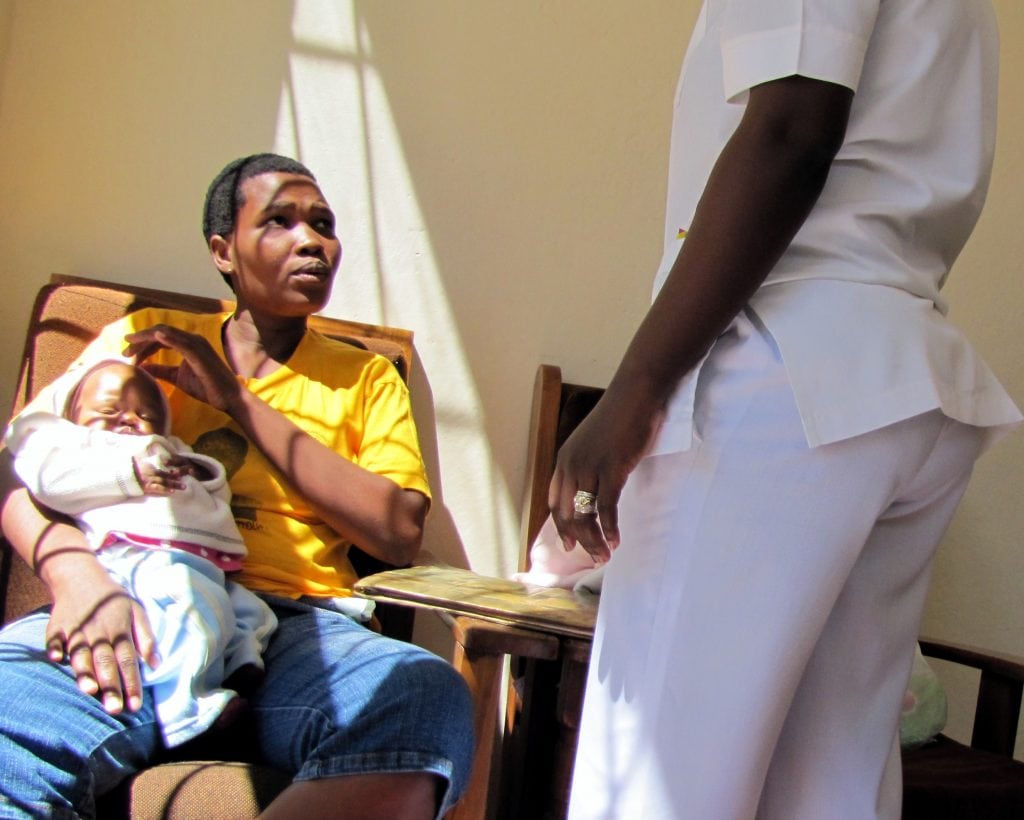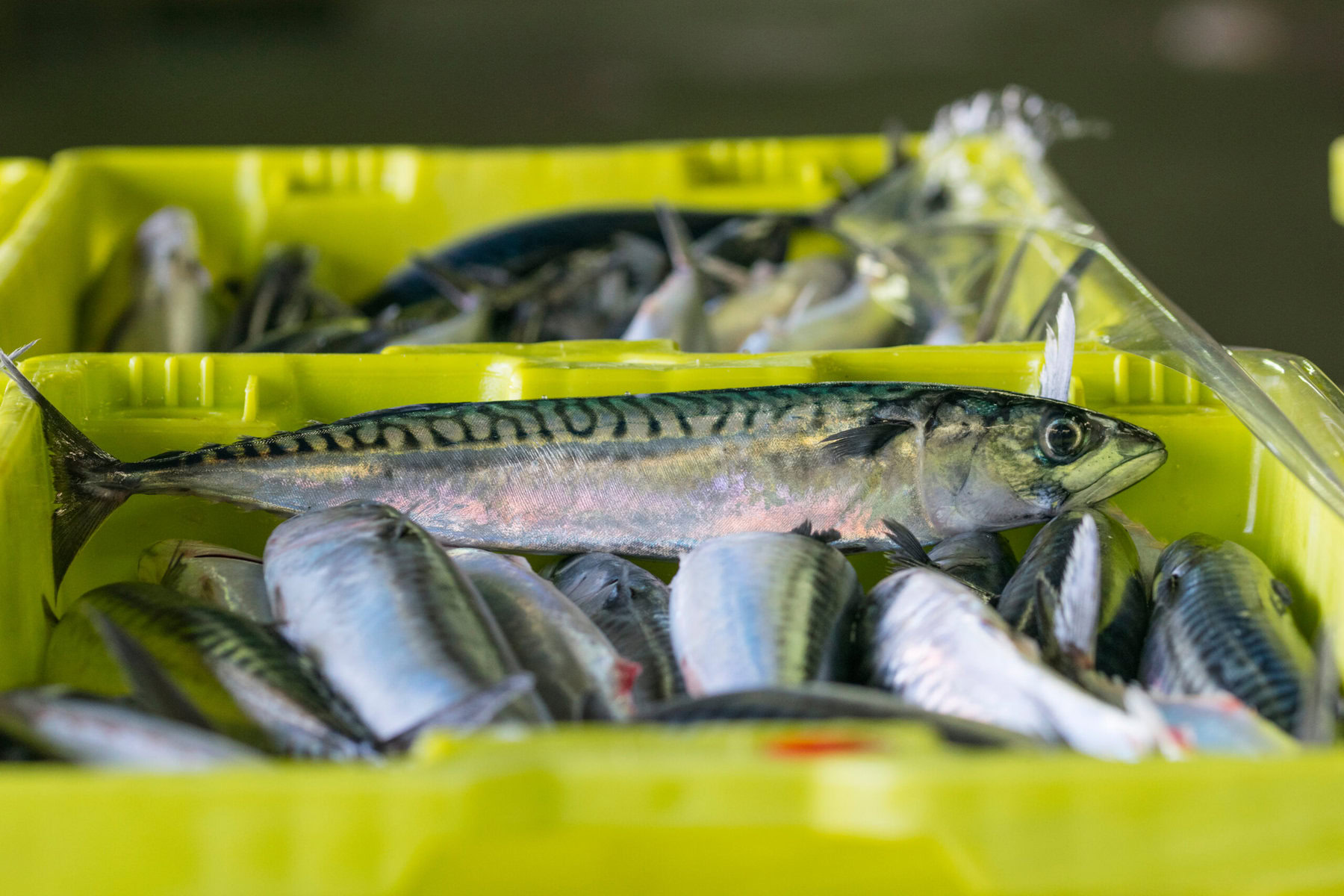Three great stories we found on the internet this week.
Credit where credit’s due
Burlington, the biggest city in Vermont, has been running on 100 percent renewable energy since 2014. But it’s what has happened since then that’s really exciting.
Burlington Electric, the city’s utility company, recently got an unexpected surprise: an increase in its credit rating, giving it more financial power and flexibility. Why the boost? Creditors anticipate that as CO2 regulations proliferate, and dirty energy (like coal, which Burlington used to run on) offers diminishing returns, cities’ reliance on fossil fuels will increasingly become a financial liability. Switching to renewable sources, on the other hand, is seen by creditors like Burlington’s as a more resilient fiscal strategy. It’s the kind of emerging dynamic that could push more cities to follow the Vermont city’s lead — if not for the climate, then out of concern for their own bottom lines.
Weighed down by negative news?
Our smart, bright, weekly newsletter is the uplift you’ve been looking for.“Making the switch to renewables has been recognized by our credit rating agency as a positive economic value for the city, not only because of the power markets and how we use our renewable energy to benefit customers, but also as a hedge against future carbon regulations,” said the general manager of the Burlington Electric Department.
End of transmission
Not long ago, Botswana had the highest rate of HIV prevalence in the world. Now, it’s on track to functionally eliminate mother-to-baby transmission entirely.
Make no mistake: HIV remains a major issue in Botswana, where some 20 percent of adults are infected, most of them women. To address this, in 1999 the country launched its Prevention of Mother-to-Child Transmission (PMTCT) program. Through this program, pregnant women are routinely tested for HIV. If they test positive, they immediately begin antiretroviral therapy, as do their babies once they’re born, dramatically reducing the odds of transmission. HIV testing for pregnant women rose from 49 percent in 2002 to 98 percent in 2021. And virtually all HIV positive mothers are now put on antiretrovirals.

The World Health Organization called the results “groundbreaking.” So far this year, just four babies have tested positive for HIV — less than one percent of all births. “[I’m] so relieved my eight-year-old was born HIV negative,” said one mother. “She is healthy and stigma-free. She has a bright life ahead of her.”
Stomp it out
Wild bison are now roaming the UK for the first time in thousands of years, and if all goes to plan, an ecological revival will sprout in their trampled path.

The beasts are being reintroduced to a forest near Canterbury, where just a few species of pines dominate due to dormant commercial tree plantations dating back to the 1970s. The bison are expected to knock down these trees as they lumber through, setting up the forest for a period of natural self-rejuvenation that should include more biodiversity. A more diverse range of flora will attract new birds, insects and reptiles, as well as help store more carbon. One study found that reintroducing just 20 large mammals can completely transform a forest’s potential for biodiversity.
“With this project, we’re going to prove the impact bison in the wild can have on the environment,” said one director of the initiative. “Not only this, but we’re giving people in the UK — for the first time in over a thousand years — the chance to experience bison in the wild.”










